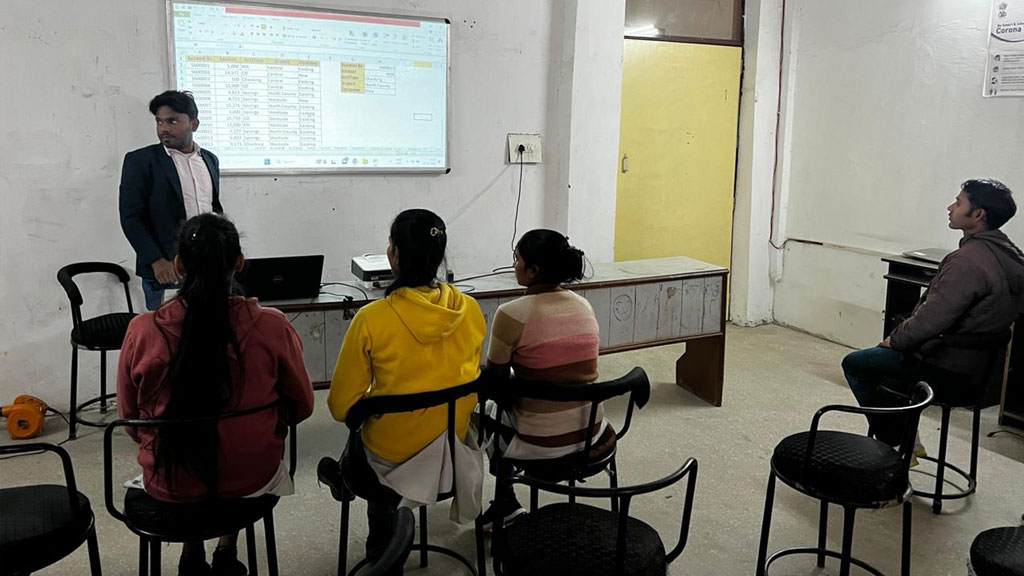Introduction:
Corporate Social Responsibility (CSR) has transcended its traditional role as a profit-driven endeavor and has emerged as a potent force for societal good. One of the key realms where its impact is profound is education. This article explores the multifaceted contributions of CSR to education, emphasizing the transformative power of businesses in shaping a brighter and more equitable future.
Expanding Access to Education:
One of the primary ways CSR influences education is by expanding access to learning opportunities. Through financial support, infrastructure development, and scholarship programs, companies contribute to breaking down barriers that hinder individuals, particularly from marginalized communities, from accessing quality education.
Promoting Inclusive Education:
CSR initiatives go beyond the quantitative expansion of education to champion inclusive practices. Companies play a crucial role in supporting programs that cater to diverse learning needs, ensuring that education is accessible to individuals with disabilities, different learning styles, and varied socio-economic backgrounds.
Addressing Skill Gaps and Employability:
CSR-driven educational programs are strategically designed to address skill gaps in the job market. By collaborating with educational institutions, businesses help shape curricula that are aligned with industry needs, enhancing the employability of graduates and contributing to a skilled and adaptable workforce.
Innovative Learning Technologies:
Embracing the digital age, CSR initiatives often incorporate innovative learning technologies. By investing in e-learning platforms, virtual classrooms, and educational apps, companies facilitate the integration of technology into education, ensuring that students are equipped with the digital skills necessary for the 21st century.
Environmental Education and Sustainability:
CSR extends its educational impact to environmental awareness and sustainability. Companies support programs that educate students on environmental conservation, climate change, and sustainable practices. This holistic approach nurtures a generation with a deep understanding of their role in creating a sustainable future.
Empowering Educators through Training:
Recognizing the pivotal role of educators, CSR initiatives provide training programs for teachers. By enhancing the skills and knowledge of educators, companies contribute to the overall improvement of the education system, creating an environment conducive to effective learning and development.
Fostering Lifelong Learning Cultures:
CSR encourages the cultivation of a lifelong learning culture. Through continuous learning programs, mentorship initiatives, and adult education support, companies contribute to a society where individuals recognize the value of ongoing education and personal development throughout their lives.
Community Engagement and Partnership:
Successful CSR in education is rooted in community engagement. Companies build partnerships with local communities, educational institutions, and non-profit organizations to ensure that initiatives are tailored to address specific needs, fostering a sense of ownership and sustainability.
Measuring Impact and Transparency:
A commitment to transparency and impact measurement is integral to effective CSR in education. Companies implement robust monitoring and evaluation processes, openly sharing the results of their initiatives. This transparency builds trust and accountability, ensuring that resources are directed where they are needed most.
Conclusion:
Beyond profit, CSR’s educational impact is a testament to the transformative potential of businesses in shaping the socio-educational landscape. By embracing inclusivity, addressing skill gaps, and fostering a commitment to lifelong learning, corporations become architects of positive change. This holistic approach to CSR not only benefits individuals and communities but also contributes to the creation of a more sustainable, educated, and equitable society.
- By admin

